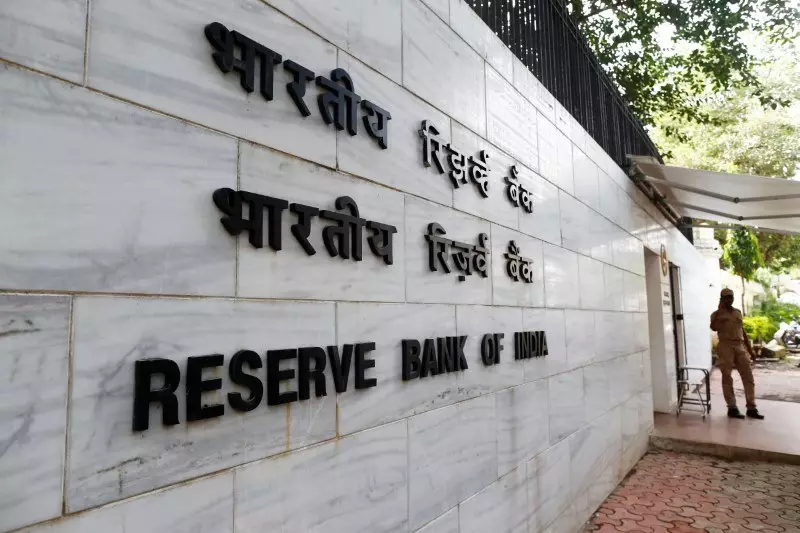The recent decision by the Reserve Bank of India (RBI) to keep its key interest rate unchanged is consistent with its focus on combating inflation, setting it apart from other major central banks worldwide. The Monetary Policy Committee (MPC) opted to maintain the repo rate at 6.50% for the ninth consecutive policy meeting, signaling a cautious approach towards monetary policy.
The fact that four out of six MPC members voted in favor of keeping the rate unchanged highlights a strong consensus among policymakers regarding the need to address inflationary pressures. Despite growing global market volatility and expectations of rate cuts by other central banks, the RBI remains committed to its goal of stabilizing prices and achieving sustainable growth.
The decision to retain the ‘withdrawal of accommodation’ stance demonstrates the MPC’s commitment to curbing inflation and maintaining price stability. While acknowledging India’s robust economic growth, RBI Governor Shaktikanta Das emphasized the importance of bringing inflation down towards the target of 4%. This indicates a pragmatic approach aimed at balancing growth and price stability.
Following the RBI’s decision, Indian shares traded lower, reflecting investor concerns over the central bank’s hawkish stance. The slight rise in the 10-year benchmark bond yield and the stable Indian rupee point to market uncertainties regarding future policy directions. Investors are closely monitoring global market developments, especially in light of the Federal Reserve’s potential rate cuts in September.
Governor Das acknowledged the challenges posed by global market volatility and the trend towards rate cuts by other central banks. However, he reiterated that India’s monetary policy path will be guided by domestic considerations. This suggests a degree of resilience in the face of external economic pressures and a commitment to managing domestic inflationary risks.
Despite maintaining its growth forecast at 7.2% for fiscal 2025, the RBI faces the challenge of a slower economic expansion compared to the previous fiscal year. Inflation forecasts remain steady at 4.5%, reflecting concerns over rising food prices. The central bank’s emphasis on the resilience of domestic economic activity underscores the need for a balanced policy approach in the coming months.
The RBI’s decision to keep its key interest rate unchanged reflects a cautious yet pragmatic approach to monetary policy. By prioritizing inflation control and price stability, the central bank aims to navigate through both domestic and global economic uncertainties. Moving forward, a fine balance between growth and inflation management will be crucial for sustaining India’s economic trajectory.

